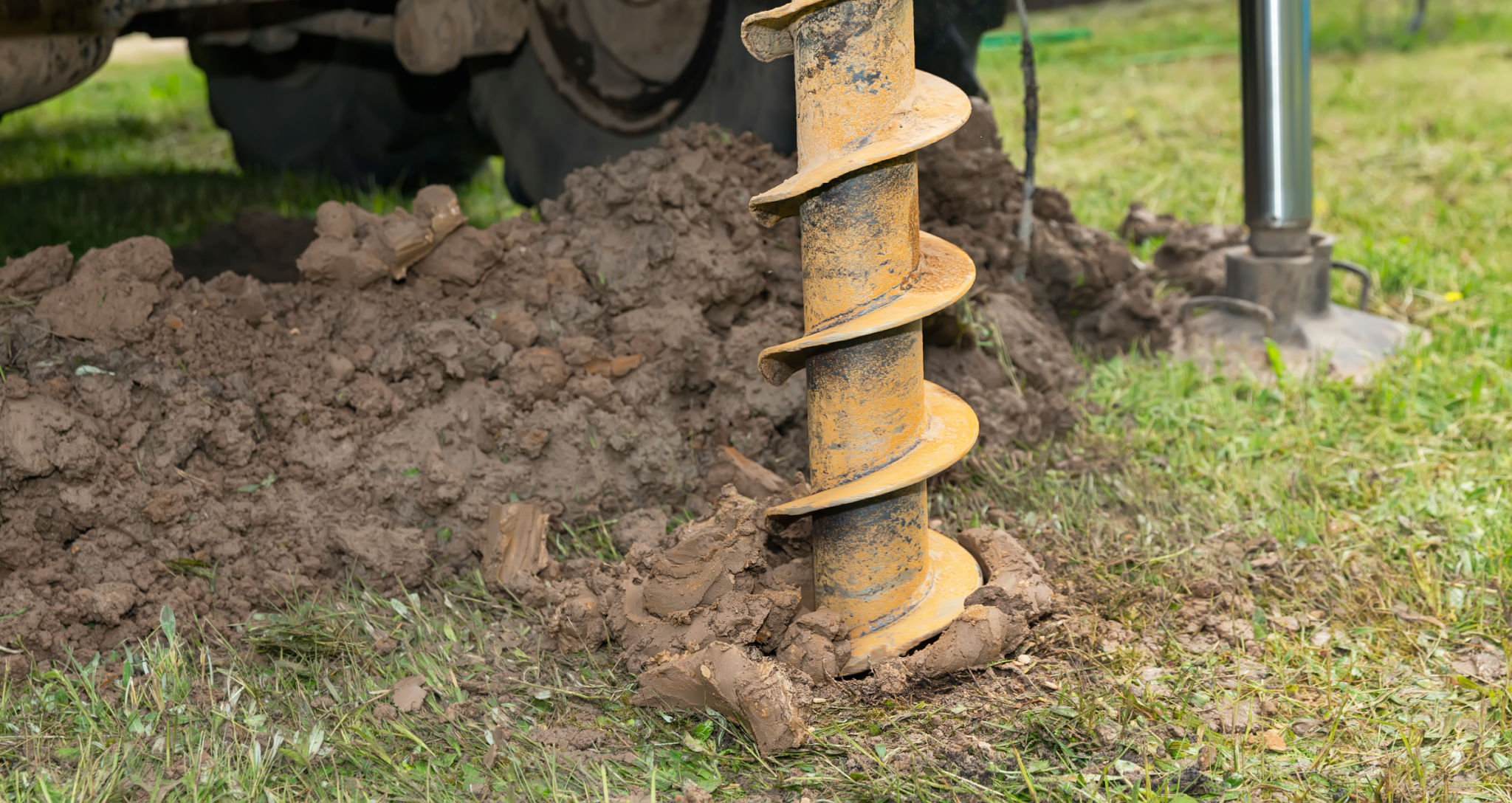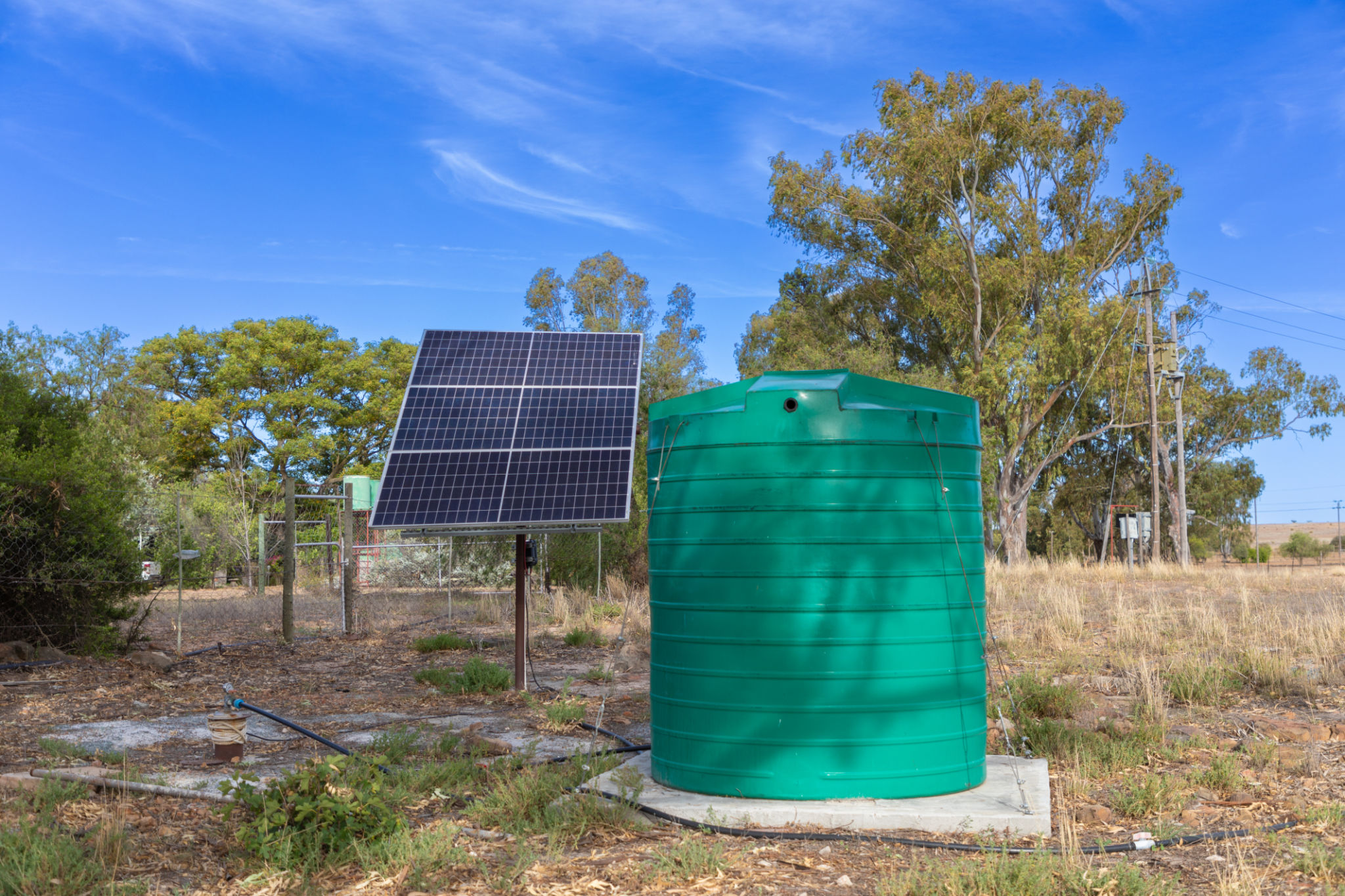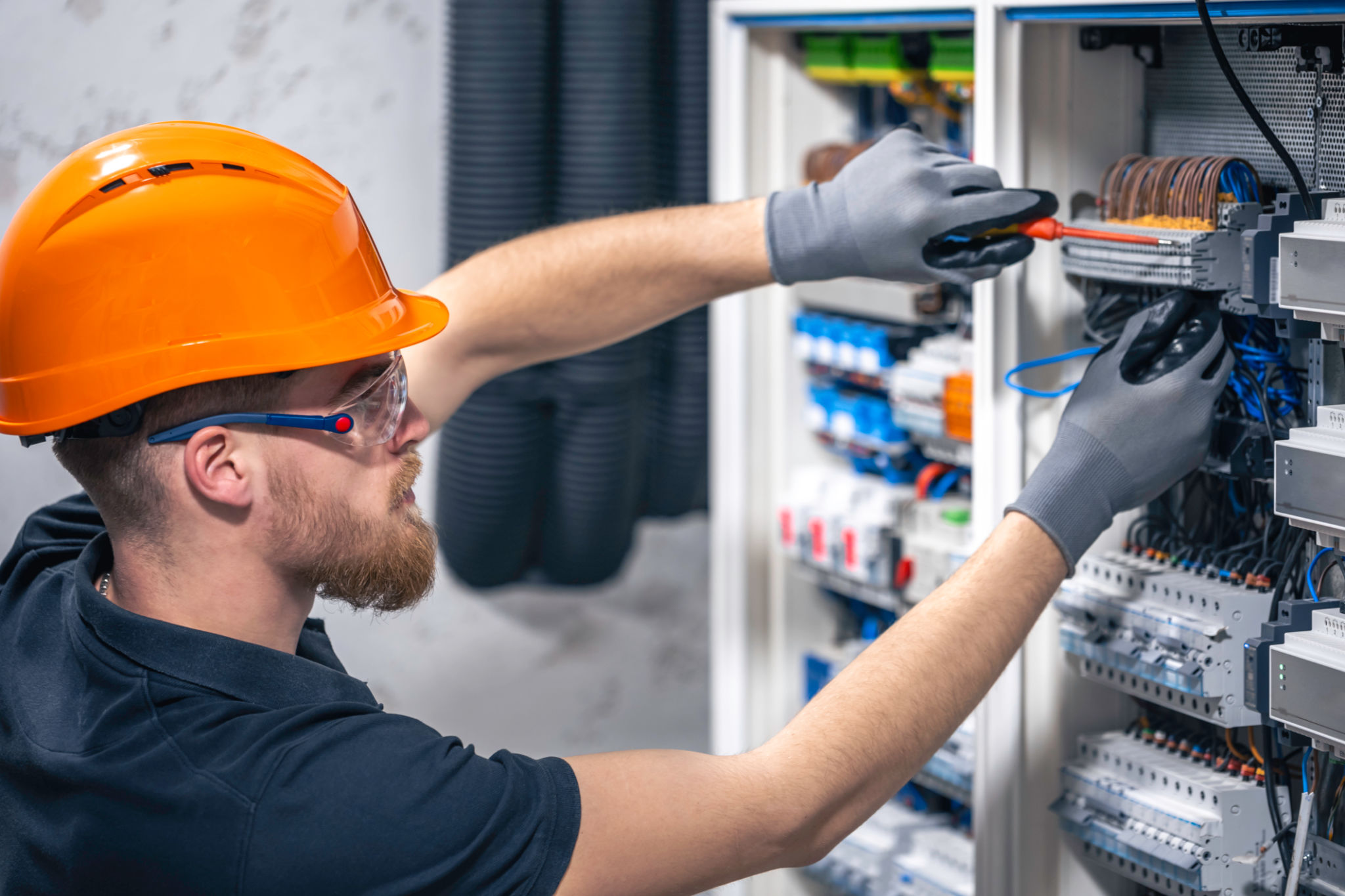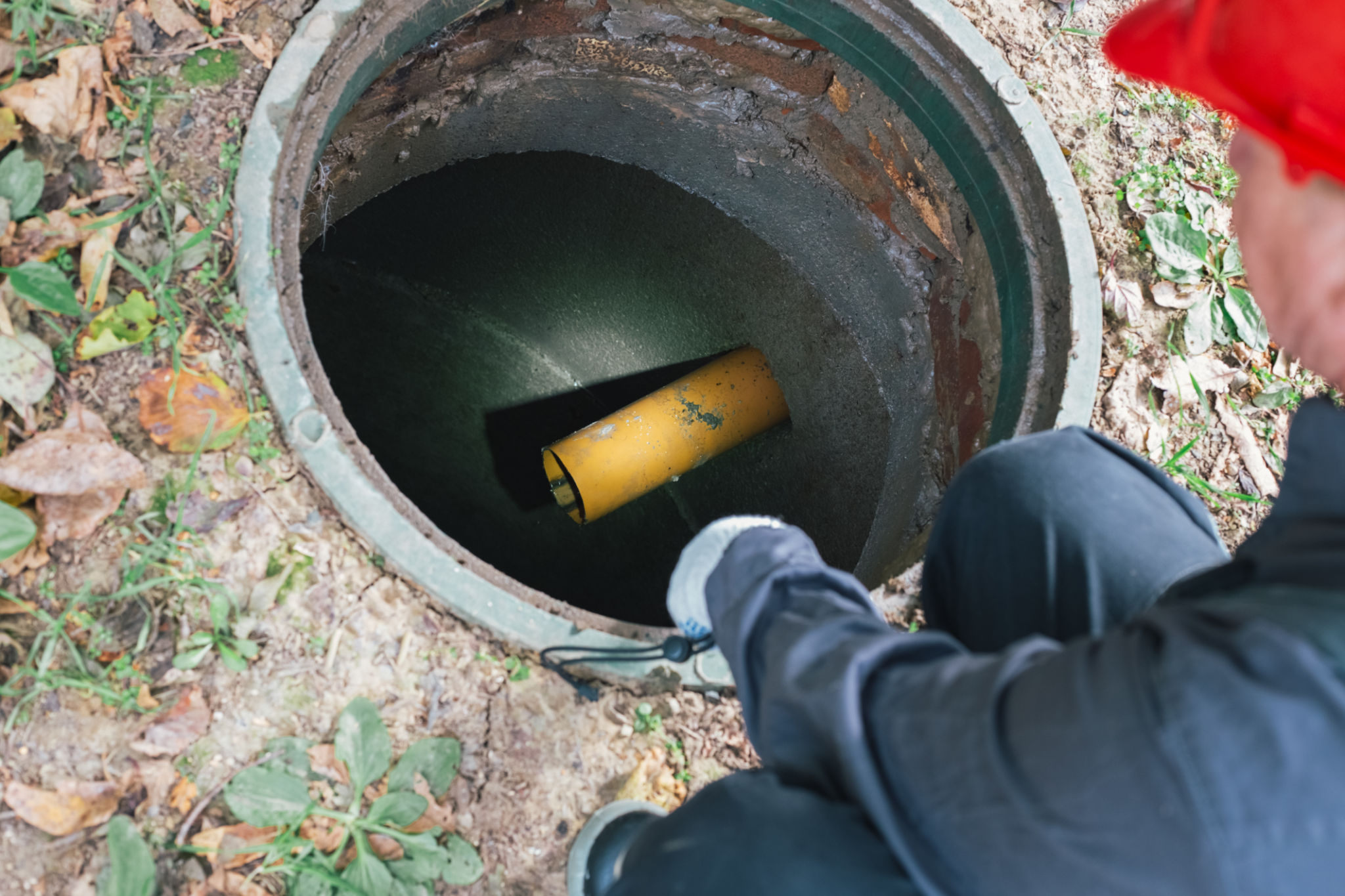Understanding Electrical Needs for Borehole Systems in Zimbabwe
Introduction to Borehole Systems
Borehole systems are a critical component in providing water supply solutions across Zimbabwe, particularly in rural and semi-rural areas. These systems require a reliable source of electricity to function effectively. Understanding the electrical needs of borehole systems is essential for ensuring their efficiency and sustainability.
In Zimbabwe, where power outages can be frequent, having a well-planned electrical setup for borehole systems can make a significant difference in water accessibility. This article explores the different electrical requirements and considerations for borehole systems in the region.

Power Requirements for Borehole Pumps
Understanding Pump Specifications
The first step in assessing the electrical needs is to understand the specifications of the borehole pump. Pumps vary widely in their power requirements, which are influenced by factors such as the depth of the borehole and the volume of water needed. Typically, these pumps require a power supply ranging from 0.5 kW to 5 kW.
Choosing the Right Power Source
Electric pumps can be powered by grid electricity, solar power, or generators. In areas with limited access to grid electricity, solar-powered systems are becoming increasingly popular due to their sustainability and long-term cost-effectiveness. Generators provide an alternative but require regular fuel supply and maintenance.

Electrical Systems and Installation
Wiring and Safety Considerations
Proper wiring is crucial for the safe operation of borehole systems. It is essential to use high-quality, weather-resistant cables and ensure that all electrical components are well-protected against moisture and environmental damage. Safety measures such as circuit breakers should be installed to prevent electrical faults.
Engaging Professional Installers
Installing a borehole system involves complex electrical work that should be handled by experienced professionals. Qualified technicians can ensure that the system is correctly set up, minimizing risks of malfunction and prolonging the lifespan of the equipment.

Cost Considerations and Efficiency
Balancing Costs and Benefits
The cost of installing and maintaining an electrically powered borehole system can be significant. However, investing in energy-efficient equipment and renewable energy sources like solar can reduce long-term expenses. Calculating the return on investment is vital to making informed decisions about system setup.
Maximizing System Efficiency
Regular maintenance and monitoring can help maximize the efficiency of borehole systems. This includes checking for any leaks, ensuring the pump is working at optimal capacity, and that all electrical components are functioning correctly. Efficient systems not only save money but also ensure a consistent water supply.

Conclusion
Understanding the electrical needs of borehole systems in Zimbabwe is crucial for their successful implementation and operation. By considering factors such as power requirements, installation practices, and cost-effectiveness, communities can ensure reliable access to water. Embracing technological advancements like solar energy can further enhance sustainability and reduce dependency on traditional power sources.
With careful planning and execution, borehole systems can provide a vital water resource that supports health, agriculture, and economic development across Zimbabwe.